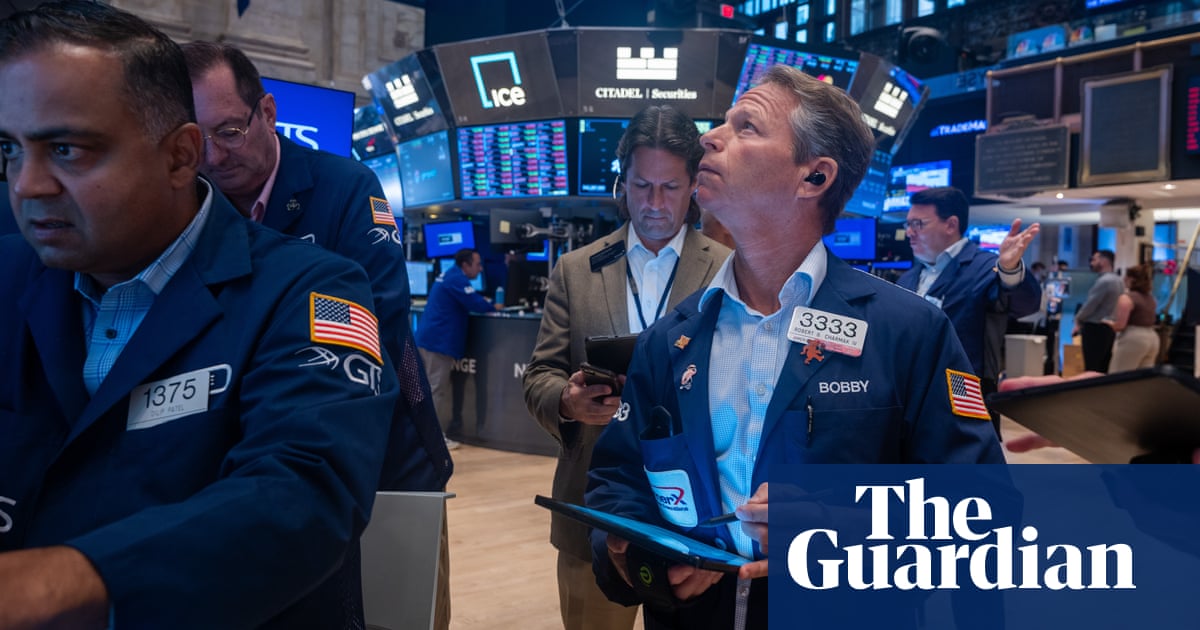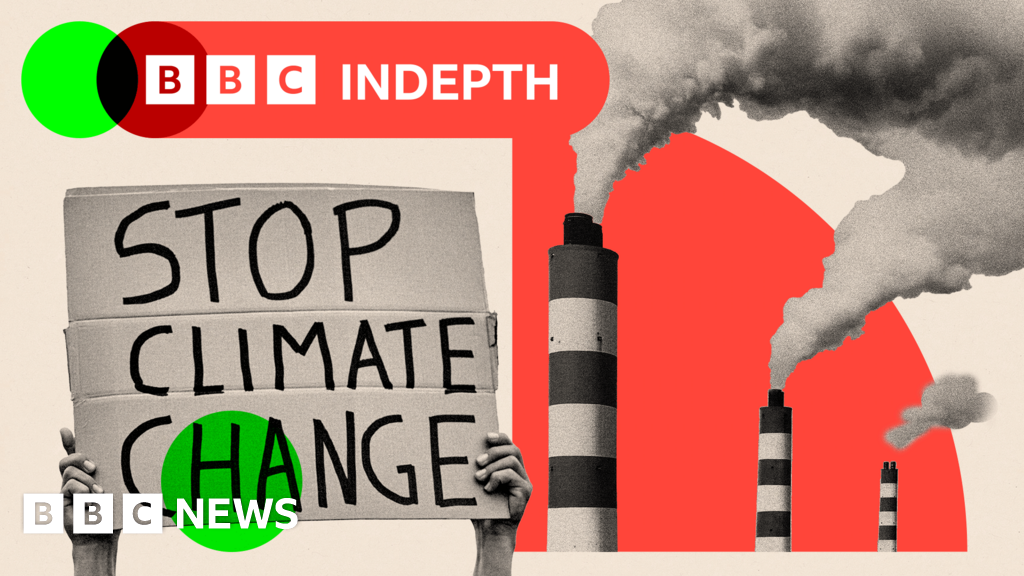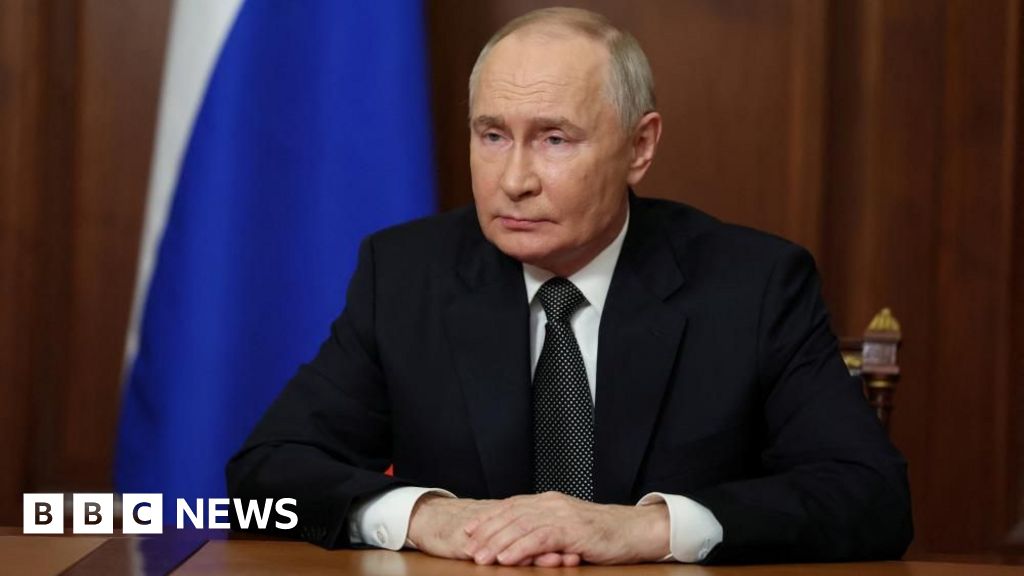Bussiness
Wall Street suffers worst day in nearly two years after global sell-off

Wall Street suffered its worst day in almost two years after a global stock market sell-off sparked by fears of recession in the US.
America’s leading share indices – the S&P 500, Dow Jones industrial average and Nasdaq Composite – tumbled in volatile trading as the day started in New York, before pulling back slightly.
The S&P finished down 3%, its biggest daily drop since September 2022, at 5,186.33. The Dow closed down 2.6% at 38,704.06, having shed more than 1,000 points. The Nasdaq ended down 3.4% at 16,200.08.
It comes just weeks after each of the indices last scaled record highs, following a months-long boom in the market. The benchmark S&P remains up more than 9% since the turn of the year.
Monday’s international rout began in Asia, where Japan’s Nikkei 225 fell 12.4% in its worst day since the Black Monday crash of 1987. European markets followed suit, with Britain’s FTSE 100 suffering its steepest one-day decline in more than a year.
Alarm over the strength of the US economy, heightened by an unexpectedly weak jobs report on Friday, helped drive the sell-off. It came just a day after the Federal Reserve chose to hold interest rates steady, prompting critics to accuse the central bank of waiting too long to cut rates.
The technology-focused Nasdaq was also dented by Apple, which came under pressure after it emerged Warren Buffett’s Berkshire Hathaway had scaled back its vast stake in the tech giant.
Apple is the world’s largest public company, with a market value of more than $3trn, and its stock’s performance has a significant effect on the wider market. Stocks tied to the boom around artificial intelligence, including Nvidia, have also struggled in recent days.
The collective market value of the so-called Magnificent Seven band of tech giants – which also includes Alphabet, owner of Google and YouTube; Amazon; Microsoft; Meta Platforms, owner of Facebook, Instagram and WhatsApp; and Tesla – was set to fall by about $800bn on Monday, according to LSEG data.
Monday’s broader turbulence was highlighted by the CBOE Volatility Index, or VIX – dubbed Wall Street’s fear gauge – which surged to levels not seen since the market crash triggered by the Covid-19 crisis. It later fell back.
Investors believe the risk of recession is “rising”, said Michael Gapen, US economist at Bank of America, who suggested that July’s weaker employment reading was “weather-affected,” but said the Fed could now cut rates more quickly.
after newsletter promotion
Two years ago, when inflation was at its highest levels in a generation, policymakers at the Fed scrambled to cool the world’s largest economy and tighten its monetary policy by raising rates to a two-decade high.
Officials hope to guide the US to a so-called “soft landing”, whereby price growth is normalized, and recession avoided. Now inflation is falling back, they are preparing to cut rates, and loosen its policy.
“We’re not quite at that point yet,” the Fed chair, Jerome Powell, said last week. The central bank’s next rate-setting meeting is due to take place in September.
Stephen Brown, deputy chief North America economist at Capital Economics, said: “Despite the weakness of the latest labour market data, we judge that a soft landing is still the most likely outcome for the economy. Nonetheless, the risk of a hard landing has increased, while the disorderly market reaction – if sustained – could prompt the Fed to loosen policy faster than we forecast.”










